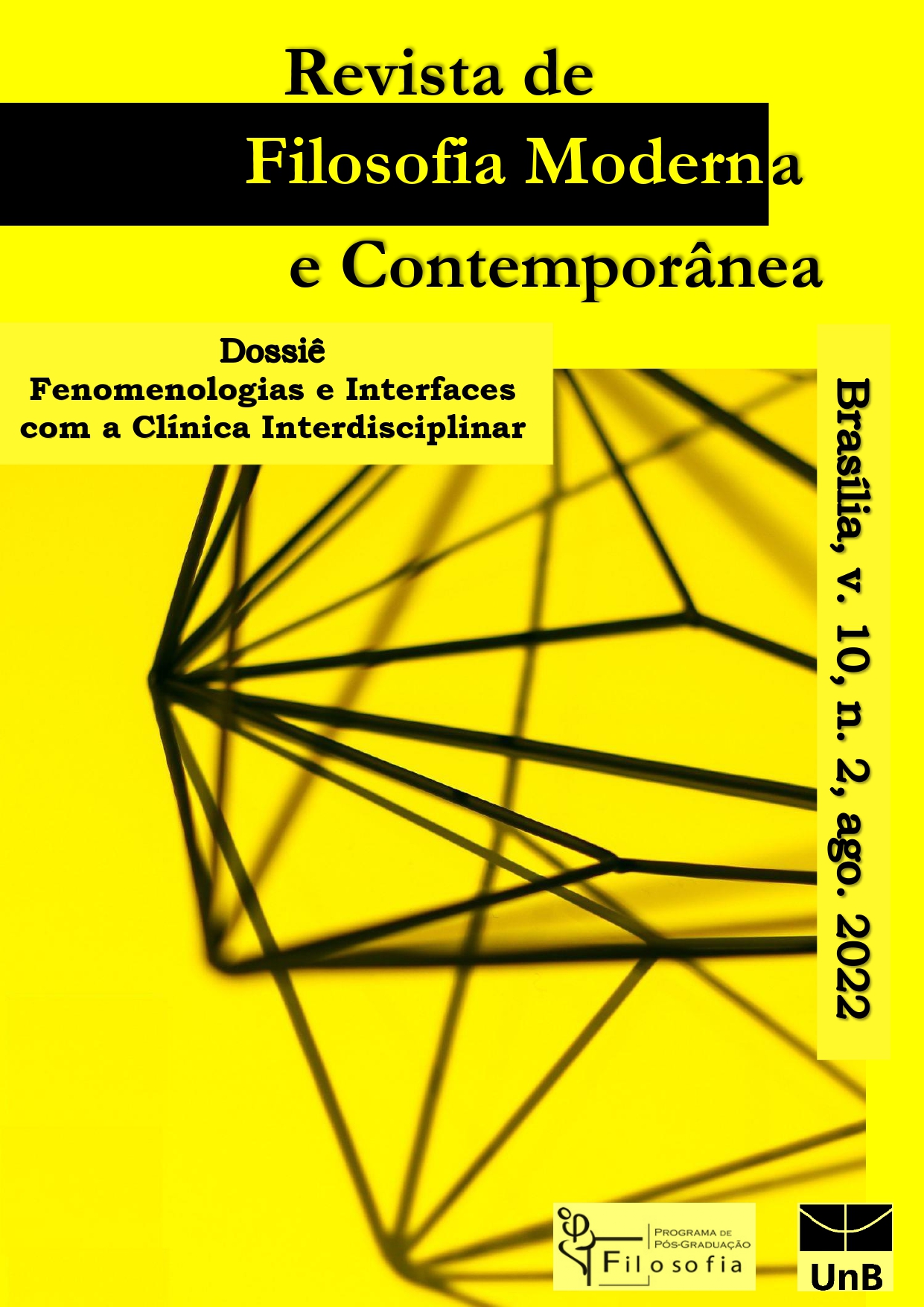The Politics of Materialism in Thomas Hobbes
DOI:
https://doi.org/10.26512/rfmc.v10i2.43972Keywords:
Thomas Hobbes. Politics. Materialism. Modern Philosophy. Political Philosophy.Abstract
Hobbes makes a new interpretation about politics backgrounded in full materialistic conception. His materialistic ontology denies the separate essences from the traditional metaphysics and denies the Aristotelian idea of politics as essential nature of humanity. Unlike this view, Hobbes shows that the politics is created by human beings from the power fight and power is a way of satisfying the human desires by synthetized objects and relations. In this way, politics aims to satisfy concrete human needs and the power itself, before being political, is an expression from human activity. Besides, politics exists only while it can keep effective protection for citizens, because its existence depends on its material effectivity.
Downloads
References
HOBBES, Thomas. Behemoth: the history and the causes of the Civil Wars of
England. Londres: Routledge, 1997a. (The Collected English Works of Thomas Hobbes).
________________. De Corpore. Londres: Routledge, 1997b. (The Collected English
Works of Thomas Hobbes).
________________. Leviathan. Oxford: Oxford University Press, 2012. (3vols)
FRATESCHI, Yara. A Física da Política: Hobbes contra Aristóteles. Campinas:
Ed. da Unicamp, 2008
PARKIN, Jon. Taming the Leviathan: The Reception of the Political and Religious Ideas of Thomas Hobbes in England 1640-1700. Cambridge: Cambridge University Press, 2007.
Downloads
Published
Issue
Section
License
Copyright (c) 2022 Journal of Modern and Contemporary Philosophy

This work is licensed under a Creative Commons Attribution-NonCommercial-NoDerivatives 4.0 International License.
Copyright for articles published in this journal is retained by the authors, with first publication rights granted to the journal. By virtue of their appearance in this open access journal, articles are free to use, with proper attribution, in educational and other non-commercial settings.


